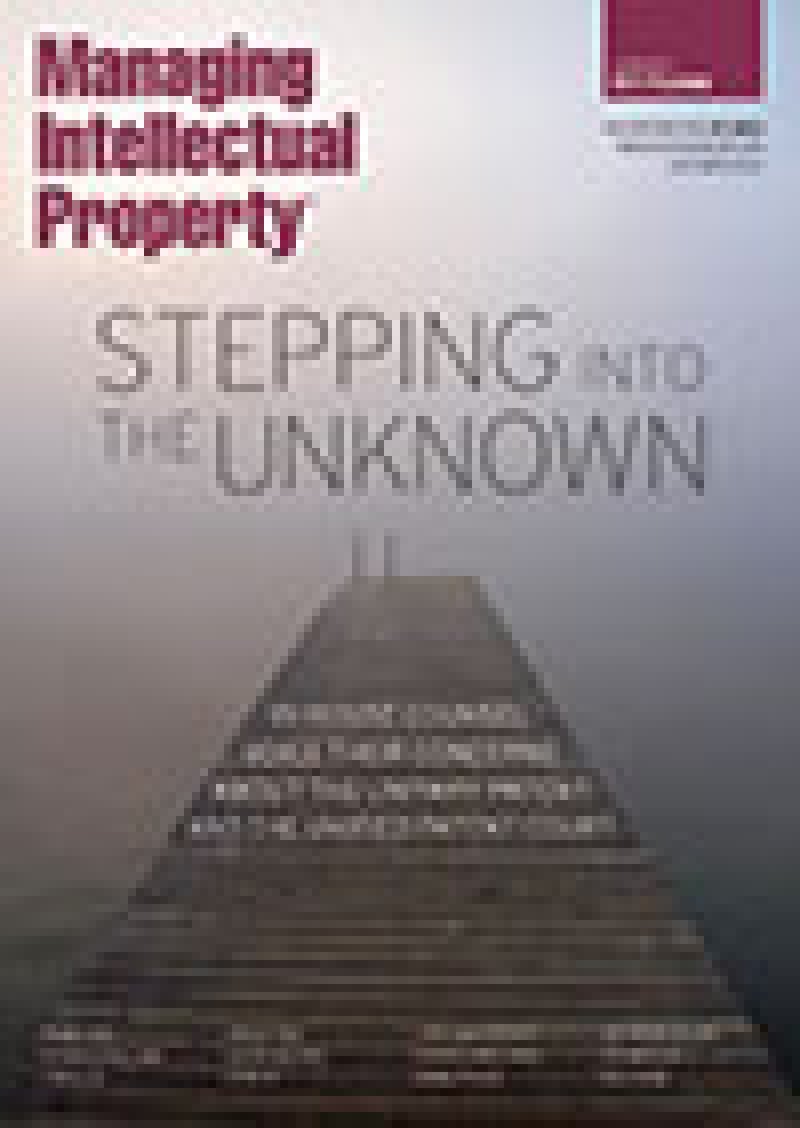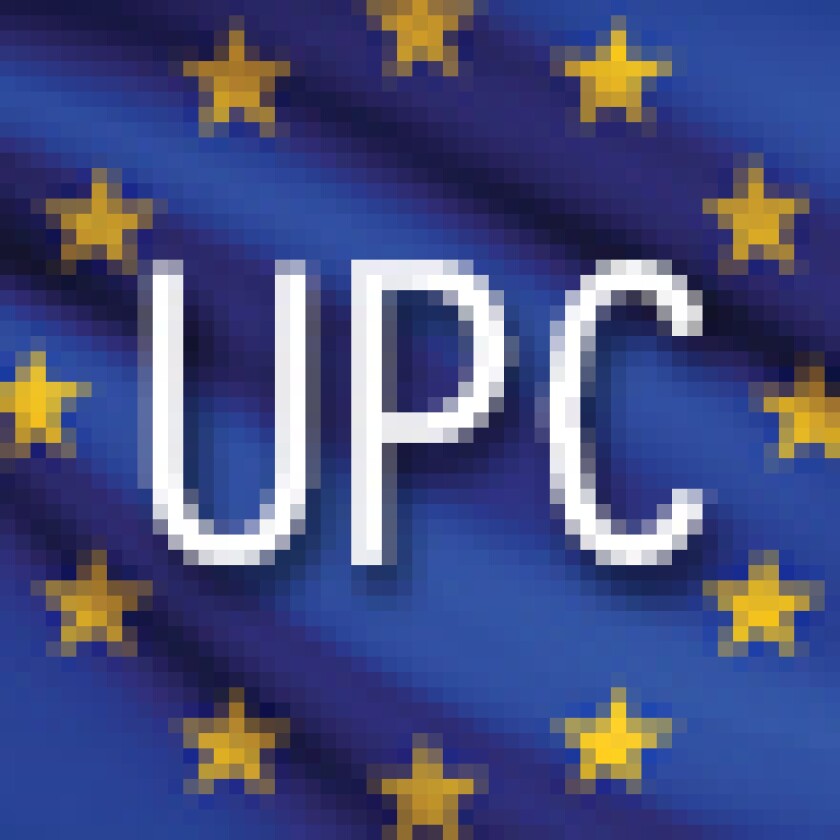We published the first in a series of articles on the Unitary Patent and UPC, on in-house counsel questions and concerns, in our October issue. Over the coming year we will publish lots more analysis on issues such as the costs, rules and judges, as well as strategies for patent owners and defendants. We will also be hosting more events on the topic, the first of which will be our US roadshows in December.
Brave new world

|
The UPC: sink or swim for Europe's IP lawyers |
Clearly the new system, likely to launch in 2016 or 2017, will affect the way companies approach patenting in Europe: do you choose a Unitary Patent or revert to national filings? Do you opt-out your existing European patents from the UPC? If you need to sue someone, what are your options? Which division will you use?
But it’s increasingly evident that it will also transform the work of patent attorneys and lawyers, as they have to advise on new options and provide advice that best meets clients’ needs. Some firms are already adjusting to this new world; others have told us they are preparing to do so.
We recently blogged about Finnegan launching a European practice after moving its Brussels office to London: the firm has now hired three more patent attorney partners, enabling it to cover the full range of technologies. We expect it to make further hires, and possibly add more offices, in the next few years.
It’s not the only US firm recruiting. WilmerHale, top of the tree for patent litigation in the US, flew Bird & Bird’s Trevor Cook to New York to coordinate European work for US clients this year. Last week, it announced that it has added litigator Anthony Trenton from Dentons. Meanwhile, another big US litigation firm Quinn Emanuel now has six European offices.

|
Trevor Cook flew the nest to join WilmerHale in New York |
We expect more such moves, given the likely interest in the new system among US clients and the opportunities for US firms to advise on pan-European strategies. The question remains whether they will do that from their US offices, by setting up branches in Europe or by making strategic lateral hires.
Meanwhile, firms in Europe are not resting on their reputations. As we recently reported, the once conservative Carpmaels & Ransford recently became the latest UK patent firm to break down the traditional attorney/solicitor divide, following Marks & Clerk, HGF, EIP and D Young (though each has slightly different models). If more firms follow this German-style practice, it could really shake up longstanding cosy referral relationships.
Law firms are also bolstering their practices: Taylor Wessing has added a litigator in Paris to ensure it has the three locations of the UPC central division covered while Wragge Lawrence Graham has made IP hires in London and Munich. I expect many firms are looking at the likely locations of the central, local and regional divisions and asking: which of these do we need to be physically present in?
As you like it
All this has led to speculation about who will be the winners and losers: based on what we know about the new system at the moment, you can make arguments either way.
For example, will patent attorney firms lose work as duplication is reduced and those lucrative validation/translation jobs disappear? Or will they benefit by adapting their skills in EPO opposition work to the new UPC, while adding specialist litigators to coordinate strategies? A key and as yet unresolved question here concerns representation rights before the UPC.

|
Time to open that office on the Champs Elysées? |
What about law firms? Will they prove indispensable in coordinating legal strategy and forum shopping in the UPC? (One thing everyone agrees: there will be forum shopping like you’ve never seen before.) Or will they be disintermediated as patent attorneys offer a wider range of services to clients and a few big law firms dominate the strategic case management?
And finally there are the advocates/barristers. They might have most to worry about as the new system not only threatens to cut out multi-jurisdiction disputes, but also limits oral hearings and cross-examination. On the other hand, some at the bar argue that this plays to their strengths: if you only have limited time to put your case, then you want to hire a specialist.
With so much uncertainty it would be rash to predict what will happen. Still, here goes: the winners in the medium term will be those individuals and firms that are able to be flexible and responsive to client needs. That means there will be some uncomfortable changes. Firms that have hitherto existed happily in one country will have to consider opening offices in other countries, or agreeing partnerships, to be where the action is. Multi-disciplinary partnerships will become more common. The way that work is referred between firms will change. Barristers may find that job security demands that they join a law firm rather than practise independently. US firms will become more prominent.
If you’re innovative, imaginative and responsive, it could be a great few years to be a patent lawyer. If you’re not, it might be time to look for something else to do.










